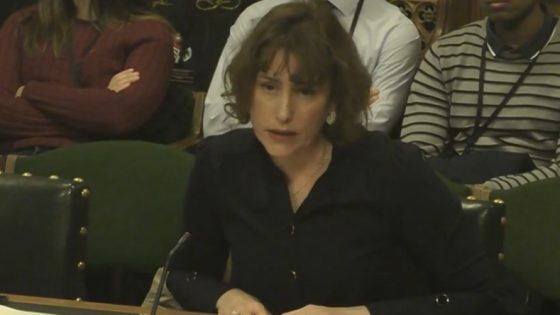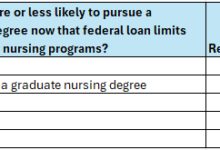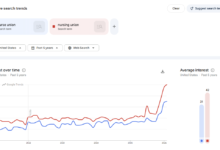Government yet to kickstart NHS pay review for 2024-25

A pay offer for nurses may not be made before the next financial year because the government is yet to trigger the NHS Pay Review Body (PRB) process for the 2024-25 pay round.
The health and social care secretary, Victoria Atkins, said ministers were trying to bring the PRB process “back into sync” so that an offer could be made by April 2024, but said events such as the Covid-19 pandemic had caused delays.
Her comments came during an evidence-giving session of the Health and Social Care Committee, held yesterday (13 December).
Currently, the NHS PRB makes recommendations to the government on pay awards for nurses and other NHS staff.
“So I will do everything I can within the department to try and deal with this as promptly as we can”
Victoria Atkins
To kickstart the process each year, the body needs a ‘remit letter’ from the secretary of state, in which the government outlines factors for the PRB to consider when building its report.
Remit letters are supposed to be issued in the autumn, so that the pay settlement for NHS staff can be announced in the spring budget.
However, in recent years, ministers have come under fire from health unions for sending the remit letters late, causing a delay in the pay awards which are offered to staff.
When pressed on this during the evidence giving session, Ms Atkins said the reason remit letters had fallen out of sync was “because of the effects of the pandemic”.
She said: “We have been trying to bring that back into sync, because I very much understand how frustrating a delay is, particularly of course for the lowest paid.
“Because, although they will be reimbursed when the final decision is made…I do get the point about cash flow.
“So I will do everything I can within the department to try and deal with this as promptly as we can.”
This was echoed by the permanent secretary of the Department of Health and Social Care, Sir Chris Wormald, who said that recent political events had delayed the process.
“The more external shocks you get, the more difficult it is to write the economic and fiscal analysis that goes underpinning [it],” said Sir Chris.
“When you get an energy price shock, for example because Russia has invaded Ukraine, or a pandemic or any other economic shock, it is obviously vitally important, as well as it being timely, that the analysis is right.
“That does cause us problems, but we will go as fast as we can.”
During last year’s strike action by nurses, health unions raised concerns about the role of NHS PRB in pay negotiations.
Once an NHS pay deal was reached, the government committed to reviewing the PRB process, which would look at the “timing and appointment process” for the body, rather than whether it should exist or not.
However, at their respective annual conferences this year, members of both the Royal College of Nursing and Unison voted in favour of stepping away from the NHS PRB altogether.
It comes as both unions argued that they would prefer to have direct pay negotiations with government, instead of leaving it to a third party in the form of the PRB.
Ms Atkins said the government was “listening to representatives from the workforce” who had voiced their concerns about the PRB process but argued that such bodies were “essential”.
“I’m very, very keen that we ensure that the full potential of that [PRB] system is understood and appreciated by the workforce and the unions that are contributing to them,” she said.






